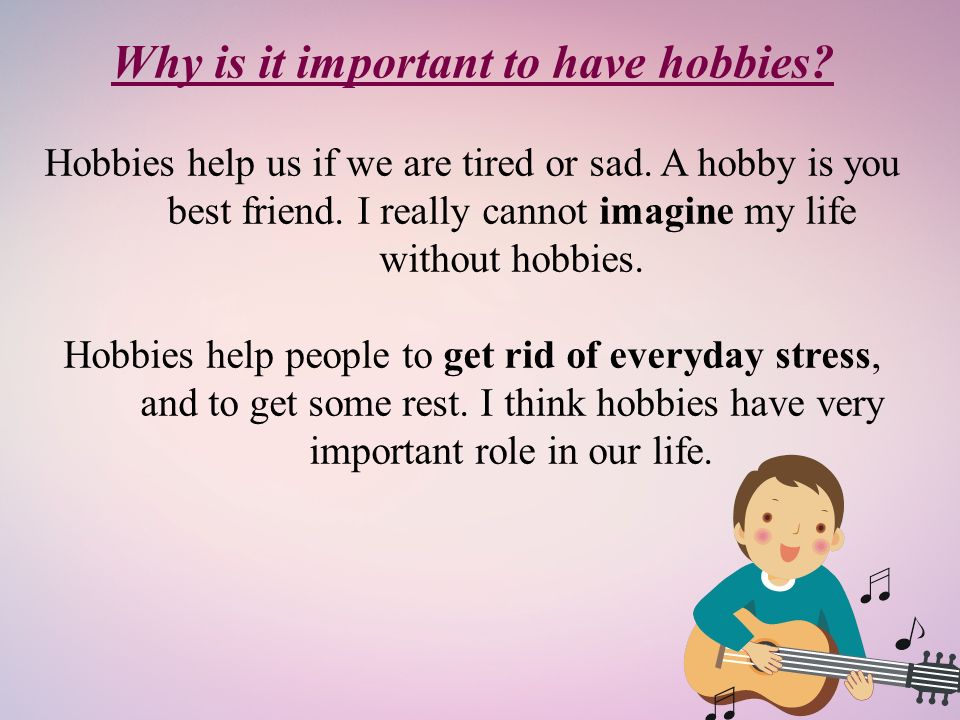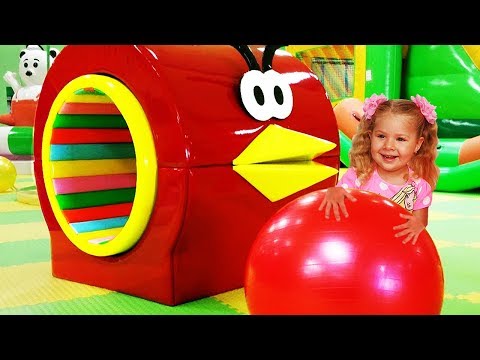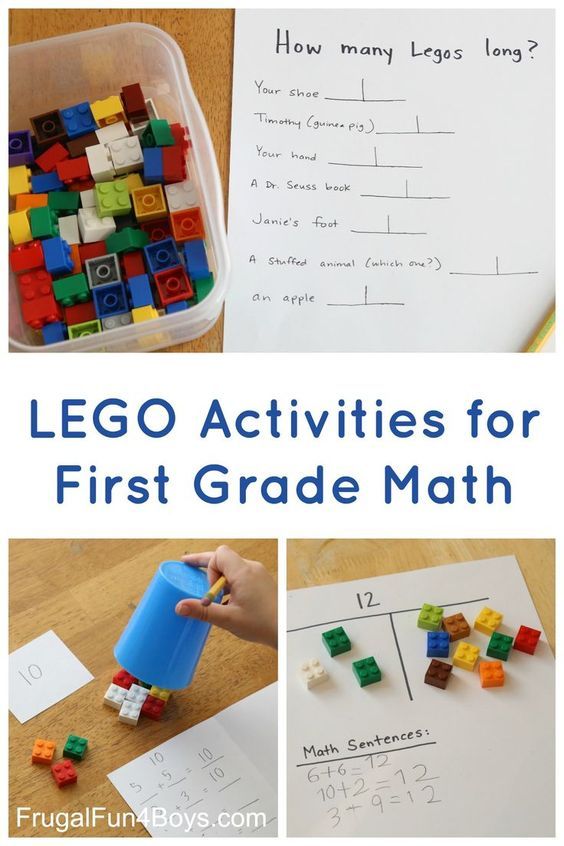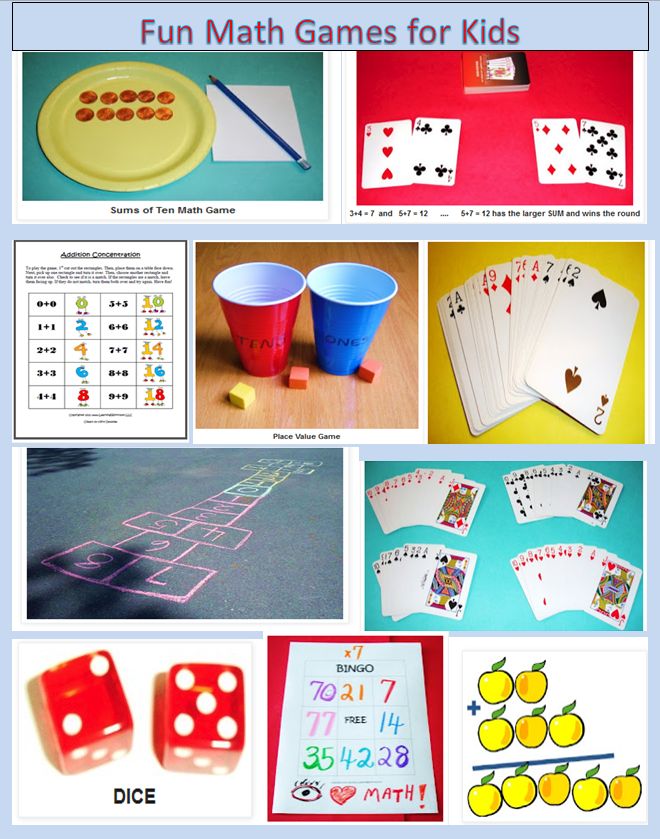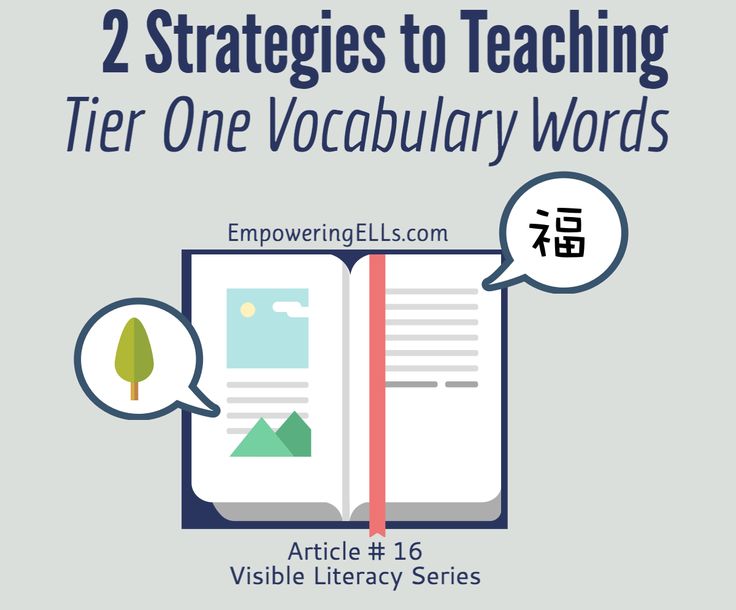Why is it important for a child to be independent
Reasons Why It Is so Important to Encourage Independence In Children
Have you noticed that all babies and young children tend to ‘want to do things by themselves?’ This tendency is the beginning of independence and, as a parent, it is really important for you to encourage this. Here’s why.
Independence is important because…
- It promotes confidence and self-esteem as well as motivation and perseverance in school.
- It fosters self-reliance, allowing your child to feel they have control over their life.
- It gives your child a sense of importance and belonging which is essential for building social relationships and for contributing to the world.
- It develops their levels of self-awareness and sensitivity towards others which teaches them to help those around them.
- It teaches them self-motivation as they have the freedom to find their own reasons to achieve.
- It provides them with the belief that they are competent and capable of taking care of themselves which makes them resilient to external challenges.
- It allows them to become good decision-makers as they have the freedom to consider various options before choosing the one they feel is best.
- It develops other vital qualities such as patience, concentration, self-help, cooperation, self-discipline and self-trust.
- It gives them the freedom to experience life fully and learn its many important lessons.
- It makes them happy and healthy as they feel a great sense of achievement and success as a direct result of their own actions.
Find out Why it is Essential to Encourage a Growth Mindset in Your Children!
Giving ‘our little people’ the gift of independence lets them know that we value them so that they grow up with a strong sense of self-belief that they can do anything they put their mind to.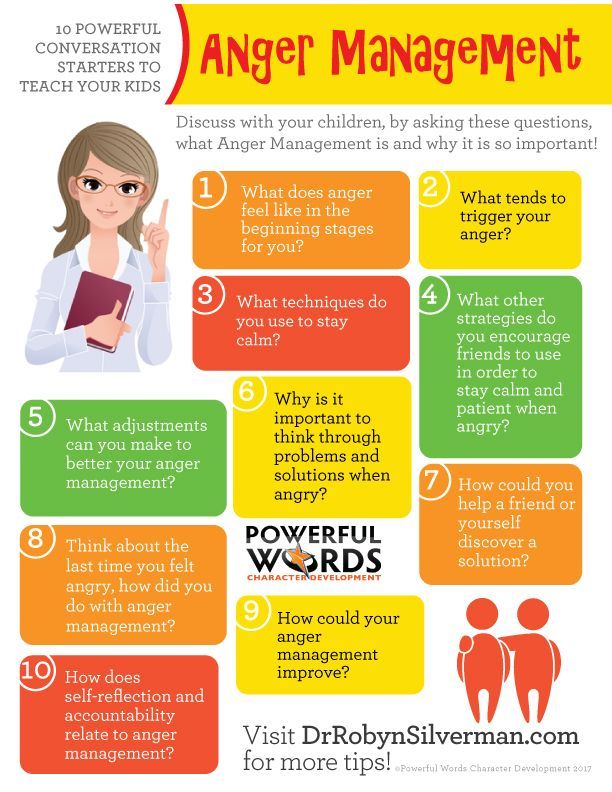 Not only does this help our children grow and develop, but it also fosters them to be confident and competent communicators, curious and resilient explorers, and creative thinkers.
Not only does this help our children grow and develop, but it also fosters them to be confident and competent communicators, curious and resilient explorers, and creative thinkers.
Start to encourage independence
You may not want your little ones to grow up too quickly but independence is something they need to learn. If they don’t, then they may react with anger and resistance, suffer from feelings of abandonment, and develop a seemingly indifferent attitude.
The last thing we want for our children is for them to feel insecure and be vulnerable to external hazards, so start to encourage independence now. This will help them to develop into strong, competent and capable adults ready to take on the world and its challenges.
Now you know WHY it’s important to encourage independence in your children, read our next blog to learn HOW!
At Schoolhouse Daycare, we enjoy learning, encouraging confidence and we love life! If you think your child would enjoy life at Schoolhouse, then please do not hesitate to
arrange a visit.
Need more help or advice? Find more from us here:
- 5 Valuable Life Skills that Children Learn Through Age Appropriate Chores
- Age Appropriate Chores for Children to Help Them Learn Valuable Life Skills
- How to Choose the Best Educational Toys: the Ultimate Guide for Parents
- The Importance of Using Positive Language Around Your Children
10 Reasons Why It Is Important For A Child To Be Independent
If you’re eager to uncover the critical reasons why it’s important for a child to become more independent, then this is the place to be.
It’s important to encourage a child to be more independent because by practicing independence they will grow into authentic, more autonomous people who are confident in their abilities. Competent to make independent choices, live authentic lives, and face life’s challenges. As well as overcome them by relying on their strengths and capabilities.
In this post we’ll be talking about the 10 most important reasons why you should support your child to become more independent as they grow and mature.
I must point out that when we talk about child independence, we’re not talking about them being fully independent. Because this isn’t possible nor it is good for them.
If kids are in a position where they’re being either too dependent or too independent, this is potentially harmful to them. It definitely isn’t in their best interest, and it means that as a parent you need to increase responsiveness.
Now if this is your case, this doesn’t mean things are final and nothing can be done.
Quite to contrary. You can become more responsive and you can turn things around. You just need to change your perspective on things and practice for a little bit.
I talk about responsive parenting in another blog post that you can check out. Essentially when there is emotionally warm and responsive parenting, then children are certain they’re loved, cherished, and respected enough as persons, as human beings.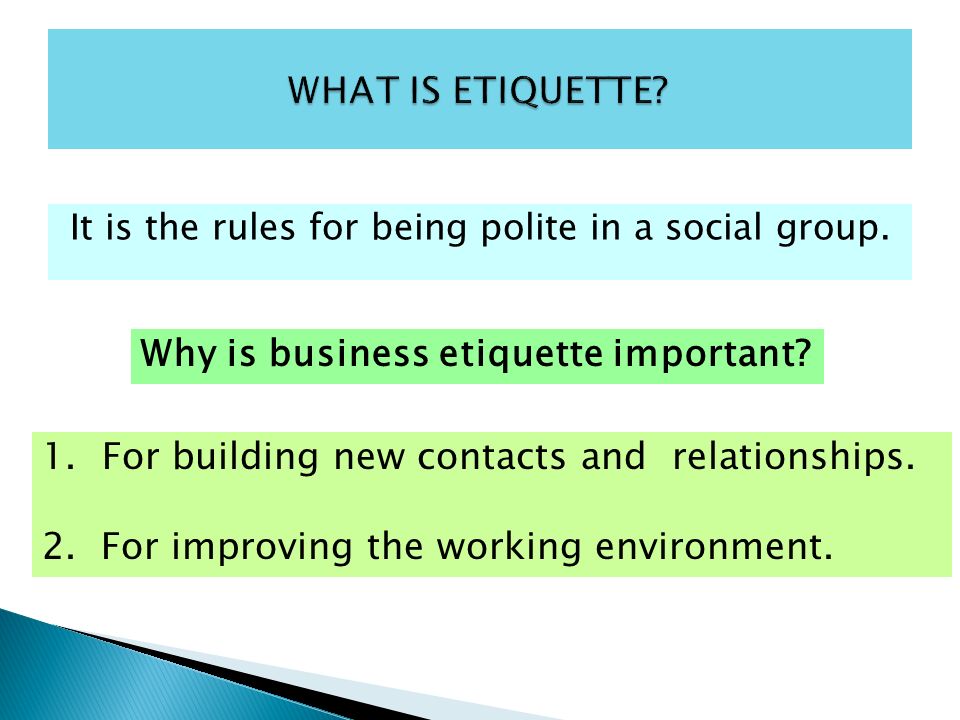
To be responsive in this situation (encouraging independence) you need to understand where kids are coming from. What they inherently need. And (maybe most importantly) – what your beliefs concerning child independence are because they are driving your actions and parental practices.
And, if you were wondering if kids can be too independent, the answer is YES.
To find just the right balance I recommend that you encourage them to become more and more independent as they mature and start as soon as possible. And at the same time – remain a person who is responsible to provide guidance and emotional support along the way.
Once we cleared all of that out, we can jump right onto our list of 10 reasons why it is important for a child to be independent.
Let’s begin.
This post has affiliate links which means that we make a commission from qualifying purchases at no additional cost to you. For more information read our Affiliate disclosure.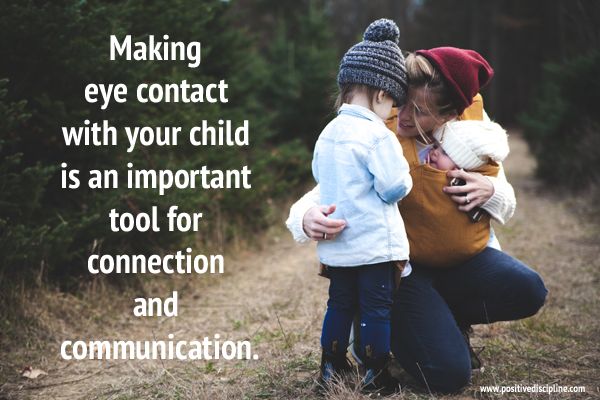
Note: Even though I am a licensed clinical social worker (LCSW), I am not your licensed clinical social worker (LCSW). This means engaging with our website is not considered a professional social worker and client relationship. This also means you should not consider this information as professional advice. Although we do put in every reasonable effort to provide the most accurate and reliable information, this does not replace professional advice, and you should not rely only on them. You still might need to consult a professional to introduce your particular situation, issue, problem, or position. Read our full Disclaimer here.
Table of Contents
#1 PROMOTING INDEPENDENCE BUILDS CONFIDENCE IN KIDSWhen they see they’re capable of learning a new skill, doing things by themselves, or accomplishing things in their way they become more and more confident.
And then they will be more courageous to go through this process the next time. And then again and again.
And then again and again.
This way they’ll get a chance to start to see obstacles in life more like challenges and less like burdens. Which makes them more self-driven and self-motivated and life. As well as less dependent on the approval or consistent (often excessive) support of others as they mature.
I know you know from your experience how important this is later in life. We all have or know people in our lives who are not independent enough or are struggling with this. And sometimes, honestly, this is too exhausting for us.
Again, we’re not aiming at children becoming too independent and detached from others. And I’m not suggesting that they don’t rely on support from others in life, because this can be essential.
But there’s a big difference between nurturing too dependent and enmeshed relationships and cultivating relationships where there is balanced closeness and everyone can live freely and be healthily connected to their closest others. And nurture mutual respect.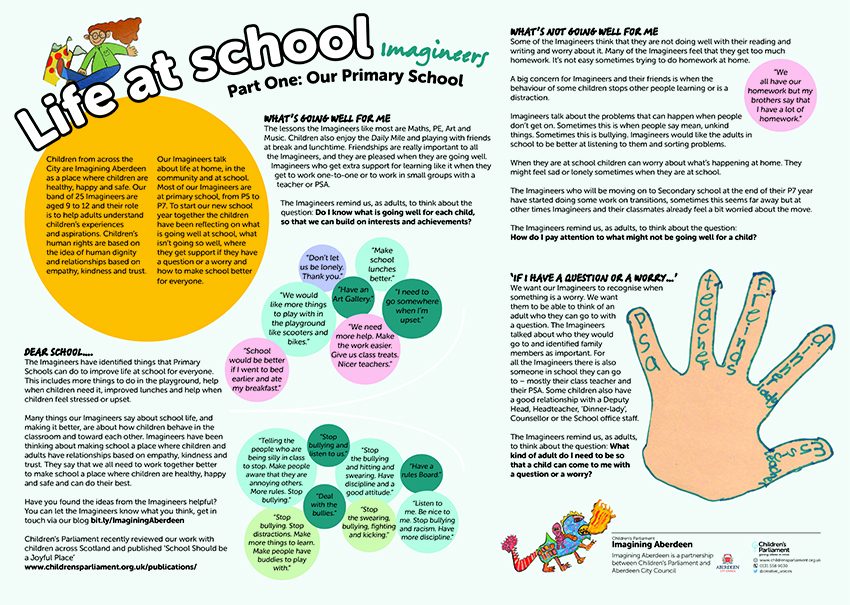
Encouraging child’s independence supports them in increasing their tolerance for frustration. For example, by doing things by themselves they’re not just sitting and waiting to utilize things someone else finished for them.
It’s all right to seek convenience in life. But we need to find the right balance so we don’t end up stuck, incapable of making any progress. Because we’re looking for ways to be comfortable all day long.
It takes time to do things, like finish a project, and it takes time for things to work out. And when they start to do things by themselves, they begin to get used to this process.
And this makes them less anxious and less frustrated later when they need to do it again. Considering they’re now aware they need to nurture patience, put in the effort, and wait for the process to end.
This is great for them for later in life when they reach adulthood.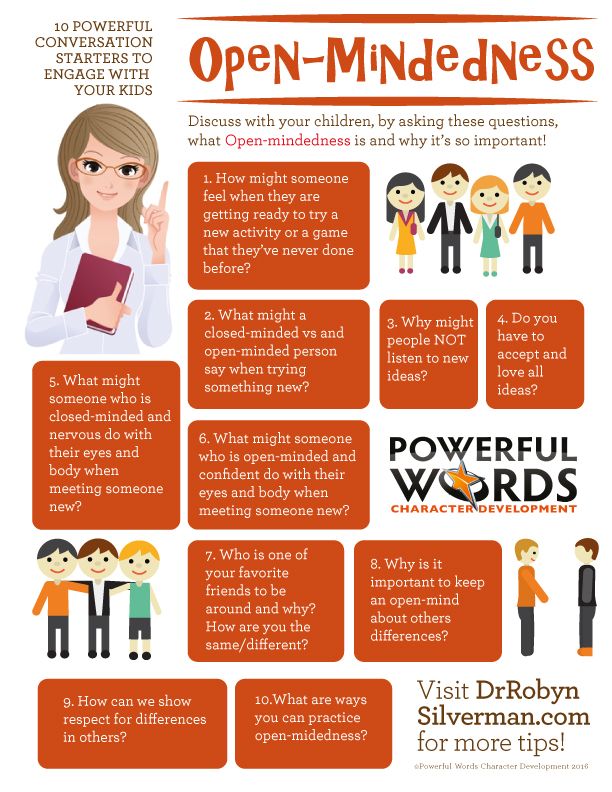
Recommended Program:
On top of this, previous experience decreases the anxiety that comes out of uncertainty about how things will work out. As well as how things will look in the end, or at what point will they end.
And increases their confidence in their abilities to perform well in whatever thing they’re doing.
I know that you want to protect them from unpleasant things. And that it’s hard to watch them struggle. But they ‘need to struggle’ with certain things so they can learn how to overcome them. As well as learn to deal with unpleasant emotions that are part of the process.
At the same time, being too protective sends a message that you suspect their competence. And I’m sure you don’t mean that. This is why you need to show them that you do, by encouraging them to become more and more independent as they grow.
#3 BECOMING MORE AND MORE INDEPENDENT GIVES CHILDREN A VOICEThis is an indirect outcome, or better said benefit. Let’s explore this.
Let’s explore this.
When they’re let to practice independence this grounds them and strengthens their individuality so they get more in touch with their sense of self.
On top of this, when they take on certain responsibilities and make an effort to do things by themselves, they become aware of their power and agency. As well as how they can turn around or affect certain things.
Moreover, when we’re responsible for things in life we’re more likely to fight for our right to have a saying on these things. Because inside of us there’s an unsettling feeling of unrest if someone wants to decide for us.
If we’re not using our voice in life concerning things that matter and affect us, this happens because we believe (we were led to believe) that it’s not on us to do so.
And those who have contributed to us being unaware/in denial of our power or rights, have (consciously or unconsciously) protected the status quo. Even if they aren’t doing it intentionally, they are putting in the effort for things to remain the same, whether they know it or not.
Now, if you respect children and see them as competent individuals, which then results in encouraging them to become more independent, you will be acknowledging their voice.
Especially if you support them to exercise participation and make independent choices. And we can debate whether there is such a thing as an independent choice. If you ask me there is, because making an independent choice doesn’t have to mean that we must be under no influence of others whatsoever.
But the point is, that we need to create conditions where they can exercise to make their choices.
Sometimes, they will choose between 2 things that are heading towards the same outcome. But you need them to do it in a certain way for their own good and they won’t influence the outcome of things. But that’s alright because you still included them and they were given a chance to speak.
Other times, their voice will matter more and they’ll influence the final decision. And this will give them a sense of control (that they need) over how things that are affecting their life will go.
Encouraging children’s independence brings many life skills with it. Considering they’re learning how to do certain things around the house, managing their own stuff, their room and corners, managing money, cooking, cleaning, personal hygiene, maybe gardening, using different tools, tech, and so on.
When you teach/show them how to handle different things, and have the patience to wait on them to figure them out and pick up on them, you’re giving them a chance to obtain a new skill. Plus, they will continue to use the skill throughout the course of their lives.
Fast forward – as young people or adults, they will need a number of skills for ‘normal’ functioning in their everyday lives.
Just think of those skills you as an adult are now utilizing with ease and are taking for granted, but have taken you some time to acquire. Like preparing a healthy cooked meal for yourself regularly, or keeping your house somewhat tidy most of the time. Or doing things simultaneously.
Or doing things simultaneously.
Recommended Program:
If you don’t provide enough opportunities to build different skills, they’ll have a hard time catching up when a time to be fully independent comes knocking at their door.
And they won’t feel confident, because maybe they’re not skilled and not ready to take on responsibilities because they’re not used to independence.
It is faster to do things yourself, but when they learn to do it once, your job is done. And you won’t be waiting the next time or soon.
#5 AS CHILDREN GROW TO BE MORE INDEPENDENT THIS STRENGTHENS THEIR RESPONSIBILITYResponsibility is an interesting phenomenon – we can be having an urge to avoid it and grab it at the same time. We can’t live without it. Yet it’s hard when everything is on us constantly.
When we’re not taking personal or social responsibility we don’t feel good, it doesn’t feel right. While at the same time we may be stuck repeating a pattern of ”chronic” irresponsibility. Even though we don’t want to go through life that way but we just can’t have a breakthrough.
Even though we don’t want to go through life that way but we just can’t have a breakthrough.
This suggests that people can be saying (and really mean it) that they want one thing (the one that is desirable) and do the other. Even the opposite.
You may think that it’s easier for people who avoid taking responsibility in your life. Yet, in most cases, that isn’t the truth, because for those people this is like a vicious cycle. Their relationships and their functioning decline more and more over time, but they’re unable to break the cycle.
Notice: JavaScript is required for this content.
Handling responsibility also takes practice. So without the opportunity for doing so, we might end up being conflicted about it as adults. That’s because we have an intrinsic urge to be responsible, and yet can we feel uncertain and unconfident to perform.
And this is an unflattering position, considering it can obstruct our functioning together with our relationships.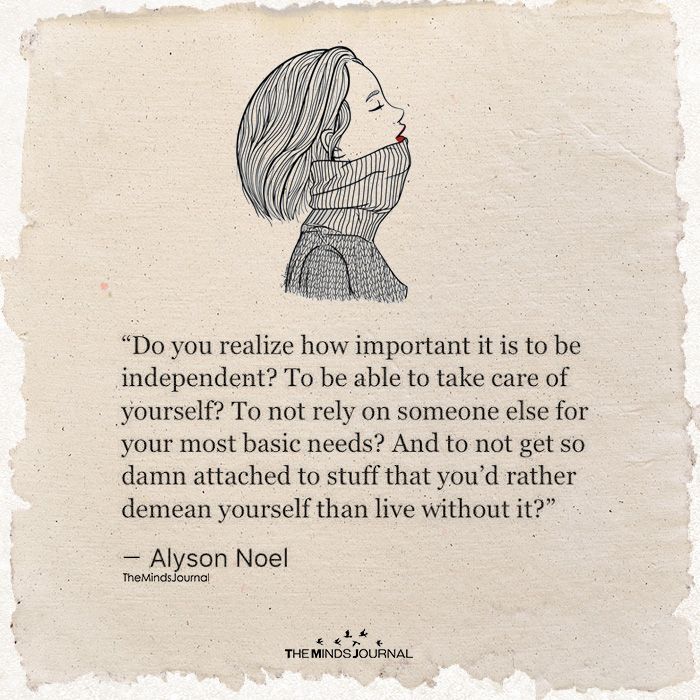
To avoid showing how ‘unskilled’ we are, we may continue to engage in unhealthy habits. Or continue to make bad decisions for our lives. As well as avoid all the unpleasant emotions that come with all of that, etc.
So to prevent this ‘messy’ outcome, it’s better to practice responsibility from an early age. Naturally, doing it age-sensitively and carefully, going step by step. A good way is to enable participation in decision-making.
This never means children have unilateral responsibility, control, and power. What it does mean is that we share all of this with them.
This makes them more and more skilled and capable and it’s the right thing to do –> it’s in their best interest and it’s their right.
Before we proceed to the sixth reason why it’s important for a child to become more independent, I’d like to briefly mention activities that can help with inspiring more independence in children.
ACTIVITIES TO ENCOURAGE THE CHILD’S INDEPENDENCEIt’s vital to, as a parent, inspire and encourage activities that strengthen kids’ independence. Considering the ultimate goal of your parenting is to train and prepare your kids for independent living (briefly put).
Considering the ultimate goal of your parenting is to train and prepare your kids for independent living (briefly put).
There are many different ways to do this and it happens on the daily basis usually.
But I’ll mention one type of activity that will educate them and entertain them at the same time. I wanted to tell you about Think Outside Boxes.
They offer 2 types of monthly subscription boxes:
- Think Outside Junior (designed for kids aged 4-7)
- Regular Think Outside for kids from 7 to 16+ years of age.
The Think Outside Jr. focuses on the what and why questions of nature and makes it fun for kids to play outside. It’s developed with the help of teachers, and packages come with a 16+ page educational and hands-on activity booklet, toys, and gear to practice new skills, outdoor bingo, and more.
The regular Think Outside program is designed to help children learn new skills and gain confidence in the outdoors with challenges and education, providing quality outdoor gear that can grow with them.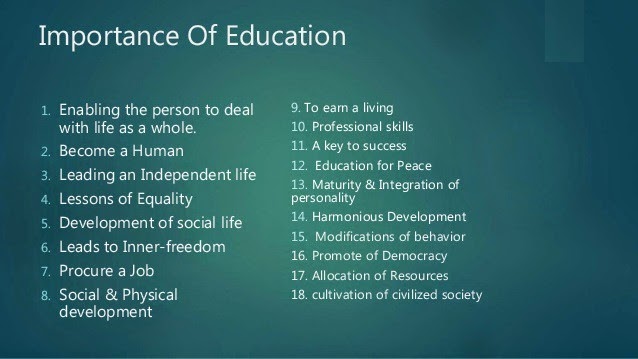 Depending on the interests of your child and parent involvement, the regular Think Outside program can also be interesting for younger children.
Depending on the interests of your child and parent involvement, the regular Think Outside program can also be interesting for younger children.
Monthly boxes include:
- 3 to 5 pieces of quality outdoor gear,
- Water-resistant reference cards,
- 28+ page educational booklet,
- Challenges to do as a family,
- Monthly themes, such as navigation, shelter building, or star gazing
- Global features,
- Empathy section and more!
You can get find them here. And here are some discount codes you can use right now:
- 10% off for the first box – Code: THINK10
- $15 off Intro Boxes (for $100 Minimum Spent) – Code: CART15
- 20% off Intro Boxes – Code: OUTSIDE20
Their educational subscription boxes are inherently STEM-focused. Families with young kids to high schoolers can find educational homeschool outdoor activities really useful and adventurous.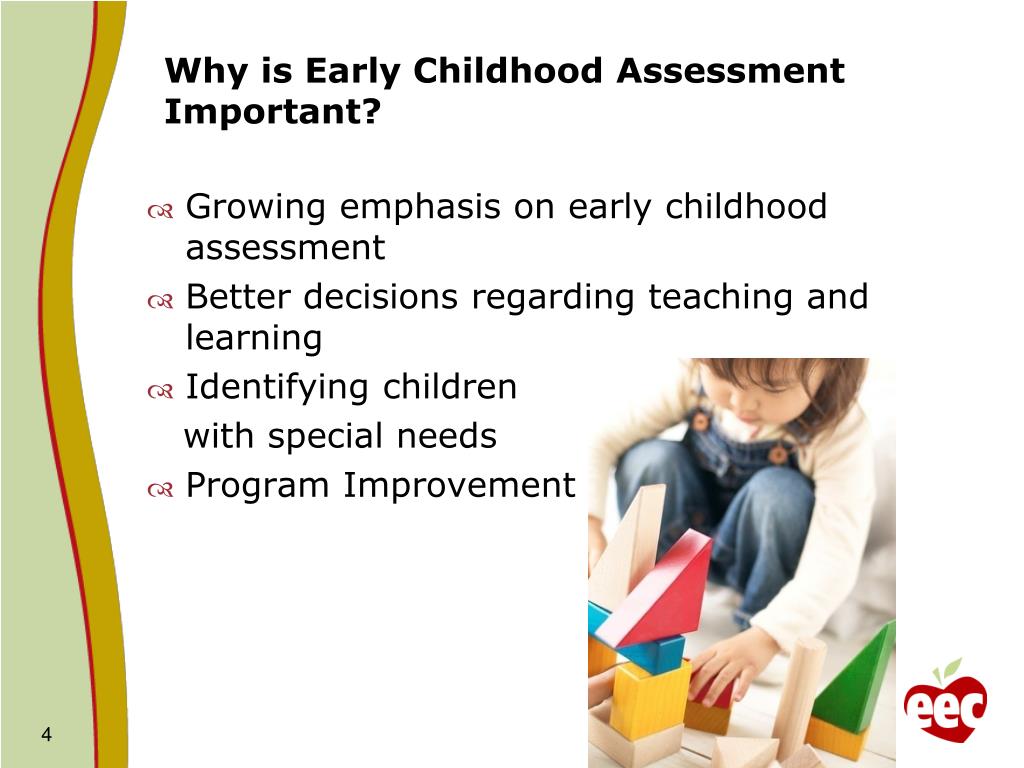 The lesson plans are interdisciplinary and include social-emotional learning objectives together with assessment questions and discussion guides. Check out and learn more about their educational monthly subscription boxes here.
The lesson plans are interdisciplinary and include social-emotional learning objectives together with assessment questions and discussion guides. Check out and learn more about their educational monthly subscription boxes here.
I hope you’ll find this recommendation helpful!
And now we can move on to reason number 6 out of 10 reasons why it’s important for a child to be independent.
#6 ENCOURAGING INDEPENDENCE TOUGHENS KIDS TO DEAL WITH FEELING LIKE AN IMPOSTERFeeling like imposters or intruders in (different segments of) our lives comes from being denied the chance to claim our competence, and being persuaded we’re less competent than we are. Or from constant questioning of our competence, and being forced to prove it over and over again (this is what happens to women for instance).
All of these examples are forms of control, where someone else is trying to take over or retain dominance.
Everyone can feel like an imposter. Because as children all of us were denied the right to be included in decision-making about matters that affected our lives (directly and indirectly). If not by our parents then by other members or systems in society.
Because as children all of us were denied the right to be included in decision-making about matters that affected our lives (directly and indirectly). If not by our parents then by other members or systems in society.
But feeling like an imposter is disproportionately affecting women (in comparison to men). That’s because their competence continues to be questioned or denied. And they’re being forced to comply with criteria that ‘suit’ (white) men and are not applicable to them. But also to comply with criteria that are not objective criteria for competence. Or success, etc.
So women are twice hit. Once through their childhood experience where they are held back on basis of being a child (and plus as being a female), while when they get to adulthood are being hit again through the social constructs and norms designed to fit men, but not them.
And this can affect their performance and their ambition. But what’s the worst of all, even when they accomplish everything they want with their hard work, they might still feel like they didn’t deserve this. Or simply question their capability every step of the way.
Or simply question their capability every step of the way.
And the situation gets more and more complicated once the race is in play as well, and so on.
Recommended Program:
To ensure children have more humane and inclusive treatments and experiences:1. start with questioning your beliefs about children and females (even if you are a woman because we’re being instructed to transfer biases and double standards to other women),
2. focus on helping children to continue to build that independence as they grow, on enabling them to make choices from an early age, to practice consent and decision-making, and don’t deny their power and agency.
Research has shown children are competent individuals who can form their opinions and be included in decisions (to the extent they want and can) unless proven differently.
And they’re not to prove their worthiness, capabilities, and competence.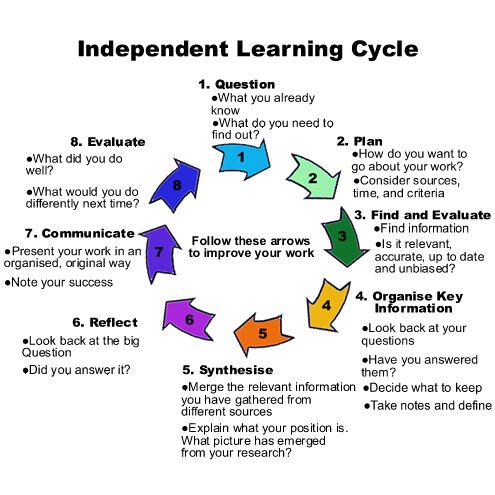
Considering society isn’t developed yet to be fond of children when you encourage their independence by creating conditions for them to participate, they will have more strength to resist the urge to quit that’s induced by feeling like imposters.
They’ll inevitably feel it at least in some segments of life, such as, for example, citizens’ participation in the political life of their community. For example, voting, suggesting initiatives, protesting, and so on.
#7 BY SUPPORTING CHILDREN’S INDEPENDENCE, YOU’RE SUPPORTING BUILDING A SKILL OF DECISION-MAKINGThe previous subject naturally leans on to the next, and that’s being skilled at decision-making. This might look like an everyday thing that everyone is naturally talented for, or born with – no matter how you’d put it. Unfortunately, that isn’t true.
Many people simply can’t catch a break when it comes to decision-making. And this is because they’re not skilled at it, and more often than not they’re not mature enough for their age.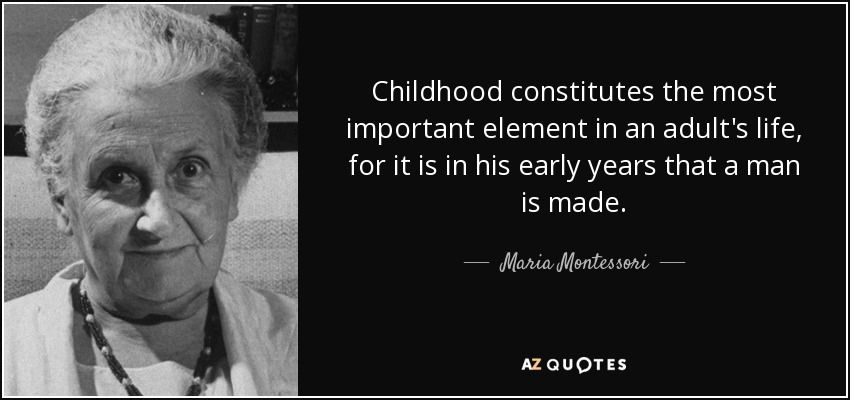 And all because they’re struggling with independence.
And all because they’re struggling with independence.
You’ll find them including everyone around them they can reach in the decision-making process, even repeatedly creating conflicts through this process. Just so they can somehow avoid dealing with the unpleasant thing of deciding or facing the consequences of a decision.
The need behind this behavior can be that they’re trying to please everyone so that everyone continues to accept them or love them after their decision.
And of course, instead of pleasing everyone, they end up with bigger problems than they started with because it’s not possible to please everyone. And it’s not necessary.
On the other hand, what is possible, is making a decision and experience everyone affected by this to be at peace with it because they can understand that was your decision to make.
What I’m saying here is that if they’d built that skill early on, they wouldn’t get into that unbearable situation. (Considering that to them it can become pretty unbearable, almost like agony if they don’t pull others into the process. )
)
Lack of skill doesn’t have to be the only reason behind avoiding making decisions, but building skills is a good solution regardless.
Therefore, it’s important that you support children to practice decision-making and become more and more skilled.
Because if they don’t, they might end up living disharmonic lives, some may experience a variety of blockages that will obstruct their everyday functioning, they will progress too slowly, or corrupt most of their relationships, and even experience unwanted solitude.
This is because at one point others might just give up and distance themselves from them because they keep pulling them into inconvenient/conflicting situations resulting from a lack of decision-making skills and determination.
#8 EMPOWERING KIDS IN BECOMING MORE INDEPENDENT BUILDS CHILDREN’S RESILIENCEResilience means that we’ve overcome the difficulty we were in that could’ve destroyed us or left us pretty damaged but it didn’t, and we’re now in shape to continue with our lives and even thrive.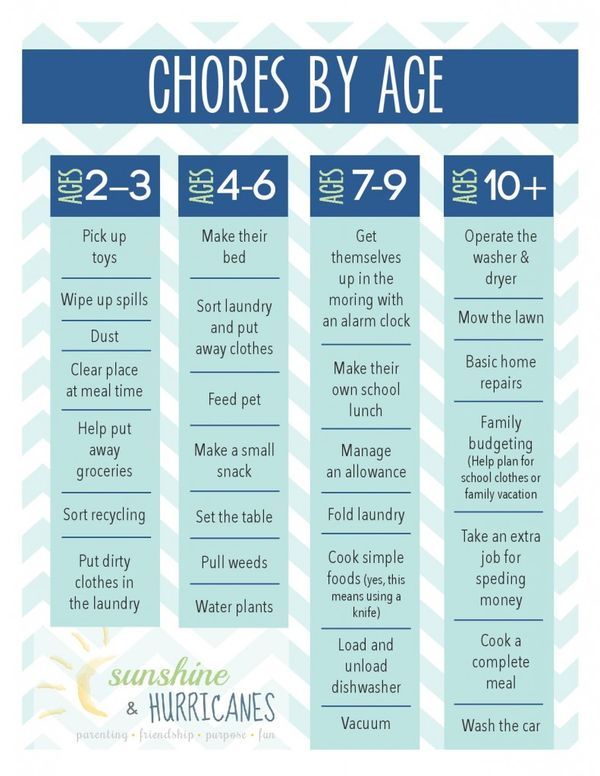
So when we peel the layers of this, we can conclude that we need to go through certain things, certain challenges, and even difficulties to build our resilience.
Now, I’m not saying we should be welcoming some natural disasters, or human catastrophes/disasters. But what I am saying is that we should shift the perspective from disqualifying those that have.
We do this by either feeling sorry for them, overprotecting them, or denying their competence just because they’ve gone through a difficult life situation or conditions.
By shifting the perspective we become more open to the existence of risks in our lives, even for those who live with disabilities. Regardless if these are intellectual or physical disabilities.
Trying to eliminate any kind of risk is harmful and disabling, for both kids who live with disabilities, and for those who do not. But this principle is immeasurably significant to respect when it comes to children and people with disabilities. Simply because the more independence they can achieve (or better said defend) the better life they’ll have.
Simply because the more independence they can achieve (or better said defend) the better life they’ll have.
Recommended Program:
Once we accept the existence of risks as parts of life, that can enable us to make progress and live more freely, we can release the urge to overprotect others. In this situation, kids. And sometimes ourselves, at the same time.
How will they deal with risks, and learn to overcome the frustrations or fears, if they don’t face them? How will they deal with hardships, and even a catastrophe? Would you want them to lose it? I’m sure you do not.
What they need instead of you being overprotective (and under-protective) is a balance with protection. This is achieved by letting them gain their independence and autonomy as they grow. Without doing things on their behalf and controlling them extensively.
Going through life experiences and dealing with the consequences of their choices, and actions, or choices and actions of others (the good and the bad), they can integrate those experiences.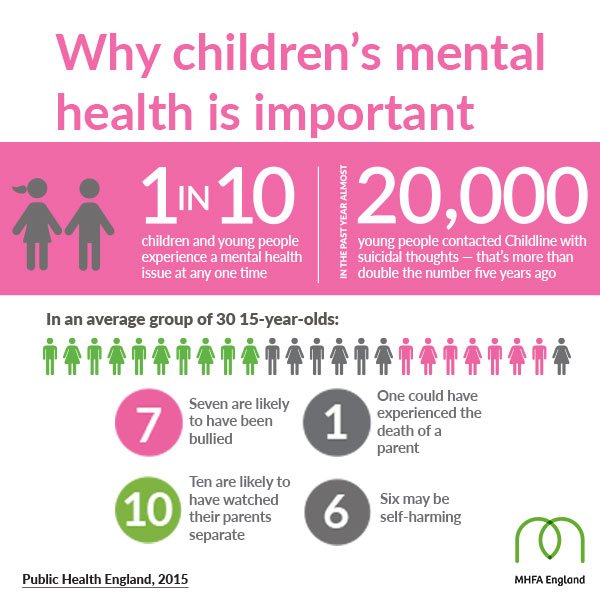 They can digest what they need to digest. Learn lessons they need to learn, so they can move on. And eventually grow from it all.
They can digest what they need to digest. Learn lessons they need to learn, so they can move on. And eventually grow from it all.
As a result, they can keep making better life decisions once they know themselves and their desires a little better.
As well as reflect on their current characteristics to see whether they serve them. And if not, to come up with a solution on how they can change and live their best life. Or simply the life that they want for themselves.
#9 PROMOTING INDEPENDENCE MOTIVATES CHILDREN TO OVERCOME FEARSWe all, or the majority of us, experience fears. But unfortunately, not all of us have learned to act despite fear, some tend to even get paralyzed by fears, but all in all, end up not confronting them.
Of course, I’m not talking about the situations when running away is the best option because it’s obvious that we can’t win or even survive otherwise.
It’s more about the ‘everyday’ life fears that can come from unknown situations, places, and tasks, for example. If we don’t learn how to approach this it can become very challenging for us to handle them. Especially in situations of personal or social crises, difficult times, and milestones in life.
If we don’t learn how to approach this it can become very challenging for us to handle them. Especially in situations of personal or social crises, difficult times, and milestones in life.
When any of us gets in contact with something that’s unknown we may experience fear, which is usual. But our goal here is that we move forward despite the fear, and not let fear be in control of us, our functioning, and our behavior.
Parents who can’t find balance with the protection of children will usually obstruct children from managing fears. And they do this in various ways.
Some do things on their behalf, some represent many things to children more fearsome than they are. While others project their fears and are not letting children behave freely, and gain their own experiences. Including those that aren’t very convenient and pleasant (because this is how life is).
And this disables them to learn to differentiate dangerous situations from those that are not so, on the way.
By carefully encouraging their independence, children are learning how to manage many unfamiliar situations, and overcome different setbacks, or obstacles. As well as handle times when they’re not succeeding that easily, and so much more.
Once you decide to promote independence, you’ll start motivating them to take more initiative in different areas of their life.
That’s incredible because it ensures they go ahead of many others around them, who are accustomed to being told what to do. And aren’t comfortable with choosing their own way, finding their path, or even going against the norm.
#10 CHILDREN HAVE AN INTRINSIC DESIRE TO BECOME MORE INDEPENDENTKids show that they want and need more and more independence at a very early age.
If your child is a toddler then you’ve probably noticed their curiosity. And how they’re interested in the world around them, as well as their burning desire to steer through it in their own way. You’ve seen their true motivation for gaining more and more independence.
This is an excellent time to focus on supporting them in trying to do things by themselves (of course carefully and within reason). Because in this early period you have a chance to get more skilled with directing them towards more self-reliance that can later stick in life. Naturally, if they continue to go this route with your help.
Instead of striving for perfection, it’s essential to focus on the fact that they’re learning and trying. And disregard that they’re doing things even upside down.
Just point them in a good direction and encourage them, but avoid doing things for them. Except in situations when it’s obvious that they can’t do it because they’re too tired, are not ready, or something similar.
Recommended Program:
Also, be careful not to overstep, meaning to expect them to be more independent than it’s realistic and in their best interest. Even though it would be great that we’re the most efficient, that’s not always needed, the best, or safe, especially concerning children.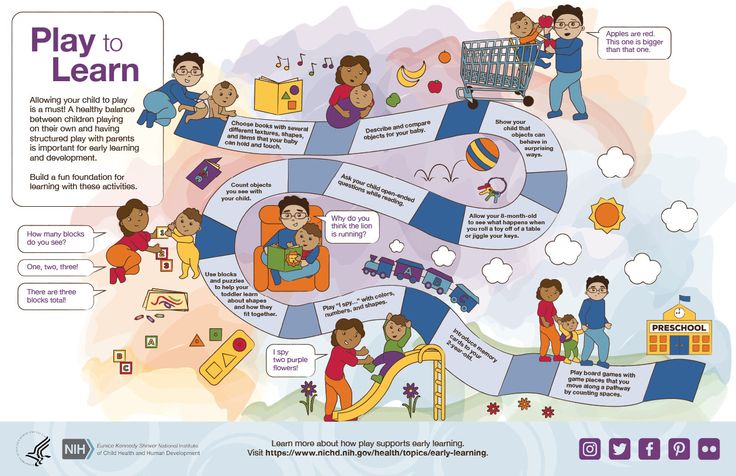
You need patience because they are motivated and they are willing, it’s just that they’re also sensitive and in need of gentle treatment, sometimes more than other times, which should also be respected.
If you listen carefully, they will show you or tell you what they need.
And if they’re not toddlers anymore, that doesn’t matter you still got a chance to encourage them to become more and more independent.
HOW TO HELP A CHILD BECOME MORE INDEPENDENTIf you’re curious to know how to help a child become more independent, I want to mention 9 principles you need to follow to conceive that.
Let’s look into them:
- Children need to do things by themselves
- Children need to make choices
- Children need to give consent
- Children need to be supported to say no
- Children need to be let negotiate
- Children should be let make mistakes
- Children should fail
- Children should learn to handle money
- They need to learn to question social conventions.

And if you’d like these principles explained in more detail, you can read my post How To Help A Child Become More Independent – 9 Principles To Follow.
Latest Posts:
FINAL THOUGHTSAnd there you go! I hope these 10 reasons why you should encourage your child’s independence were enough for you to start with this practice or continue with it, courageously! Let’s repeat them real quick:
- Builds Confidence
- Builds Tolerance For Frustration
- Gives Them A Voice
- They Gain Life Skills
- Strengthens Responsibility
- Toughens Them To Deal With Feeling Like An Imposter
- They Will Learn The Skill Of Decision-Making
- Builds Their Resilience
- Motivates Them To Overcome Fears
- They Have An Intrinsic Desire To Become More Independent
I hope you found this helpful, and if you have share it with others or on social media!
And thank you for taking the time to read this post!
See you in my next post! 👋
Psychologists told how independence affects the development of children - Moscow 24, 05/12/2021
Some people do not trust children with simple homework until they come of age and accompany them to school, while others are proud of young helpers. According to psychologists, every parent wants his child to become independent, but not everyone is ready to provide this independence. Suffice it to recall kindergarten graduates whose mothers, hunched over, pull on their shoes. Moscow 24 managed to learn the secrets of proper education.
According to psychologists, every parent wants his child to become independent, but not everyone is ready to provide this independence. Suffice it to recall kindergarten graduates whose mothers, hunched over, pull on their shoes. Moscow 24 managed to learn the secrets of proper education.
Photo: depositphotos/IgorVetushko
Has the time come?
"Lack of independence" of the child is often an internal parental problem, which, unfortunately, hinders the development of the baby.
"The words 'Mom, myself!' are the way to a great life. This is a stepping stone to the skill of setting goals, the ability to take responsibility for what has been done and not done, as well as the ability to accept the consequences of one's actions," says Elena, a clinical psychologist and teacher. Levkovitskaya.
Parents most often ask themselves the question: how to understand when exactly a child is ready for independence? And feverishly leaf through the special literature, which indicates the main stages of development. The teacher-psychologist notes that each age has its own horizon of independence, but the age limits are conditional and are only a guideline. In any case, you should take into account the individual characteristics of your child.
The teacher-psychologist notes that each age has its own horizon of independence, but the age limits are conditional and are only a guideline. In any case, you should take into account the individual characteristics of your child.
"In infancy, give the baby the opportunity to hold his mother's breast himself, and a little later the bottle," explains Elena Levkovitskaya. At age, the baby can already eat small pieces with his hands and drink from a cup, possibly still spilling.
According to the psychologist, already at the age of one and a half, the toddler actively helps his mother to dress and undress herself. At this age, the baby is able, for example, to remove socks and mittens, can put on a hat. But it happens that impatient parents hinder the initiative. The specialist advises not to rush with the fees and give the child the opportunity to act independently. At two years old, the baby can already undress himself and quite tolerably wields a spoon. But he still needs a little help with washing and brushing his teeth.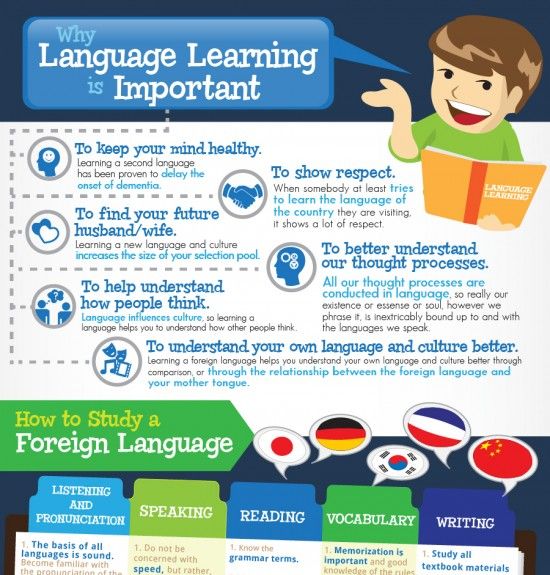
Photo: depositphotos/CroMary
Three-four!
According to the neuropsychologist, by the age of 3, the desire for independence reaches its highest point of development. At this stage, parents observe a crisis of 3 years.
"It is very important to allow the baby to experience the satisfaction of independent action. To catch a piece of food with a fork and put it in the mouth is a task absolutely according to age. The child is able to unfasten buttons, put on socks and put on shoes on his own. The child must put away toys himself. The task of the parent at this stage is ensure a safe environment,” says Elena Levkovitskaya.
From the age of 4, children learn to cut with scissors, pour juice into a glass, dust, sweep the floor, make the bed, dress for a walk and use the toilet on their own. At 6–7 years old, you can entrust your child with cutting vegetables, making sandwiches for breakfast, and washing dishes. And the ability to take a shower on their own is also respect for the personal boundaries of the child, the expert notes. From the age of 8–9, you can send your child to the store for small purchases or take out the trash. And sewing on a button at this age is quite an accessible skill.
From the age of 8–9, you can send your child to the store for small purchases or take out the trash. And sewing on a button at this age is quite an accessible skill.
"By the age of 10, a child is already able to use simple tools. And a son will accept a request to fix something with joy, if earlier his independence was not limited by the fears of his parents. A daughter can already be asked to iron clothes. By the age of 16, schoolchildren master complex skills that require planning and the ability to communicate. If before this age the development of independence went according to plan, then there will be no problems, "the psychologist clarifies.
Playing "I myself!"
The very opportunity to be independent is important for a child. It is worth encouraging it in all its manifestations and not taking it for a whim, warns a child and family psychologist, the founder of a school for parents, Ekaterina Madenka.
"In most cases, parents and teachers consider it necessary to explain to the child what to do and how. However, the result is important for adults, while the process itself is interesting for children. Playing activities are important for them, in which they feel free and do not fear that they can’t cope with something. So the value of the process itself is shifted to the result,” explains Ekaterina Madenka.
However, the result is important for adults, while the process itself is interesting for children. Playing activities are important for them, in which they feel free and do not fear that they can’t cope with something. So the value of the process itself is shifted to the result,” explains Ekaterina Madenka.
Photo: depositphotos/Valerii_Honcharuk
Rules for parents
Experts emphasize that it is important to distinguish the desire for independence from the usual whim. “The desire to take the initiative is always justified and logical. The child at this moment is able to be in dialogue with the parent,” explains Elena Levkovitskaya. something instead of a child. Better do it with him than instead of him. Caprice is always "playing for the viewer. No spectator - no caprice."
How not to go too far when teaching children to be independent? Psychologists recommend following a few rules.
- Define your baby's area of responsibility.
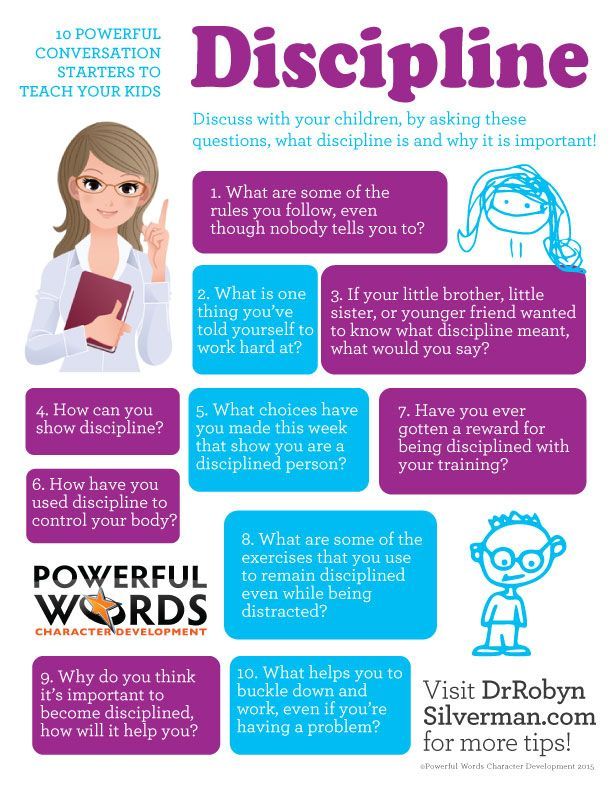 Let these be simple tasks, but the child himself is responsible for their implementation.
Let these be simple tasks, but the child himself is responsible for their implementation. - Avoid being overprotective. Let the child deal with the specific case on his own. And, of course, reward for successes, and do not attach much importance to failures. Remember that children can be negotiated at any age.
- Be patient. On your own - this is not always exactly the result you would like. Support your child, praise for any achievements.
- Be consistent. If you said that the garbage should be taken out three times a week, then if you need to take it out a fourth time, this is optional.
- Remember, "doesn't want" and "can't" are two different things! Understand why the child does not do things on his own. Seek help from a specialist.
- Believe in your children! It is always important to remember the concept of "zone of proximal development". This is something that a child can already do on his own, but with little help from an adult. And if the actual development is the child's today, then the zone of proximal development is his tomorrow.
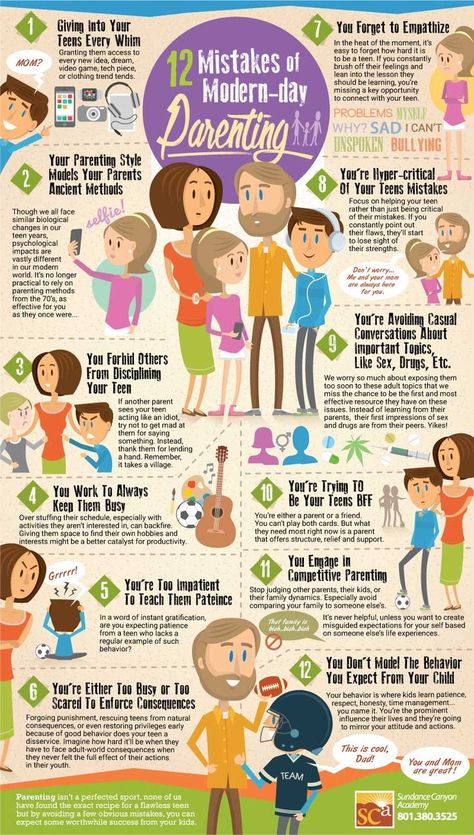
- When developing independence, we must remember that this is a sequential process of mastering skills from simple to complex.”
Evgenia Borodina
society children
why independence is needed and how to develop it
Before talking about raising independence in children, it is worth understanding what kind of quality it is, why they need it. Independence, like any other personality trait, does not exist by itself, but must serve certain goals facing the baby. The origins of independence appear in children in early childhood.
Why do children need independence
Independence is the leading quality of a person, expressed in the ability of a person to set goals and achieve results by his actions, to be personally responsible for his actions, in the desire and ability to think independently, in the ability to act independently and proactively, not only in a familiar, but also in a new environment for himself.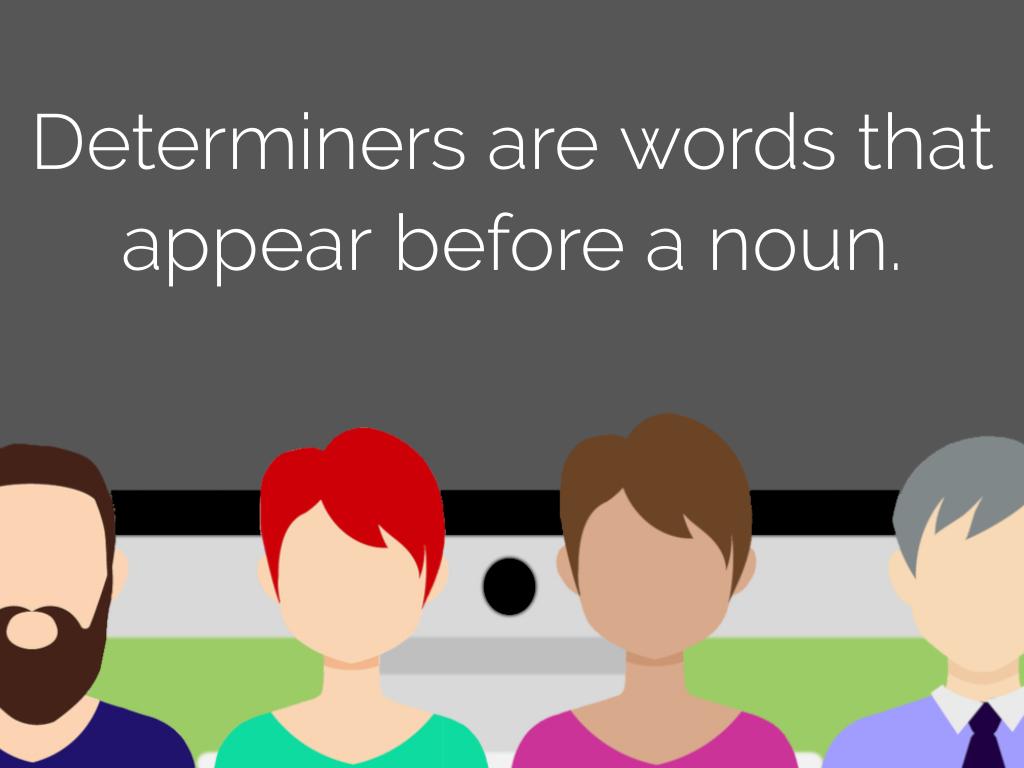 . A person with developed independence always has adequate self-esteem, he always bears responsibility for what he does.
. A person with developed independence always has adequate self-esteem, he always bears responsibility for what he does.
It is important to understand that independence is an internally motivated activity. Do not confuse the concept of independent activity with when a child can quickly do what adults tell him to do. There is a huge difference between intrinsic motivation for activity and the ability to act. It is important to understand that it is the internal motivation of the child that is important for the development of independence. In this case, independence is manifested in the child's choice of a certain activity, setting goals and objectives and their implementation, and not in the obedient fulfillment of the tasks set by someone.
Independence and responsibility are laid down gradually, and you need to start doing this as early as possible.
In today's world, we are keenly aware of the negative consequences when a parent takes all the care of a child until the most mature years. Whether this is good or bad, everyone decides for himself. It is clear that there is nothing wrong when parents fully provide for the child until graduation, and the child has a great opportunity to gain knowledge in comfortable conditions.
Whether this is good or bad, everyone decides for himself. It is clear that there is nothing wrong when parents fully provide for the child until graduation, and the child has a great opportunity to gain knowledge in comfortable conditions.
Very often in the modern world we are faced with the infantilism of an already grown up “child” and his inability to bear responsibility not only for the life of his close people (family, parents), but also for his own. It often happens when a guy is already 25 years old, and he has not yet decided who to work with, pulls money from his parents, and they decide for him when to sleep, what to eat and whom to marry. This picture is a consequence of the fact that the way of life has changed, and the attitude towards children has changed. And if earlier our grandparents became independent and were responsible for their actions already at primary school age, today, leaving the institute desk, many have not acquired this useful quality - independence and responsibility.
In modern urban life, it is possible to raise an independent child not with the help of life's realities, but in spite of them. And only so!
For example, in ancient times, when our grandmothers and mothers were still children themselves, they were taught to be independent from an early age, because there was no other way out and a way to survive. So, the parent taught the older child to take care and watch over the younger one, not out of his own whim, but out of necessity. While the mother was at work, someone in her absence had to do it. Parents were busy with hard physical labor, and they needed help around the house, in the garden, with younger children, with livestock. Willy-nilly, children were introduced to work, responsibility and independence. In fact, this “necessity” made children independent and revealed the potential of the child, shaped his personality.
Conclusion: the child needs to create conditions where this independence is necessary.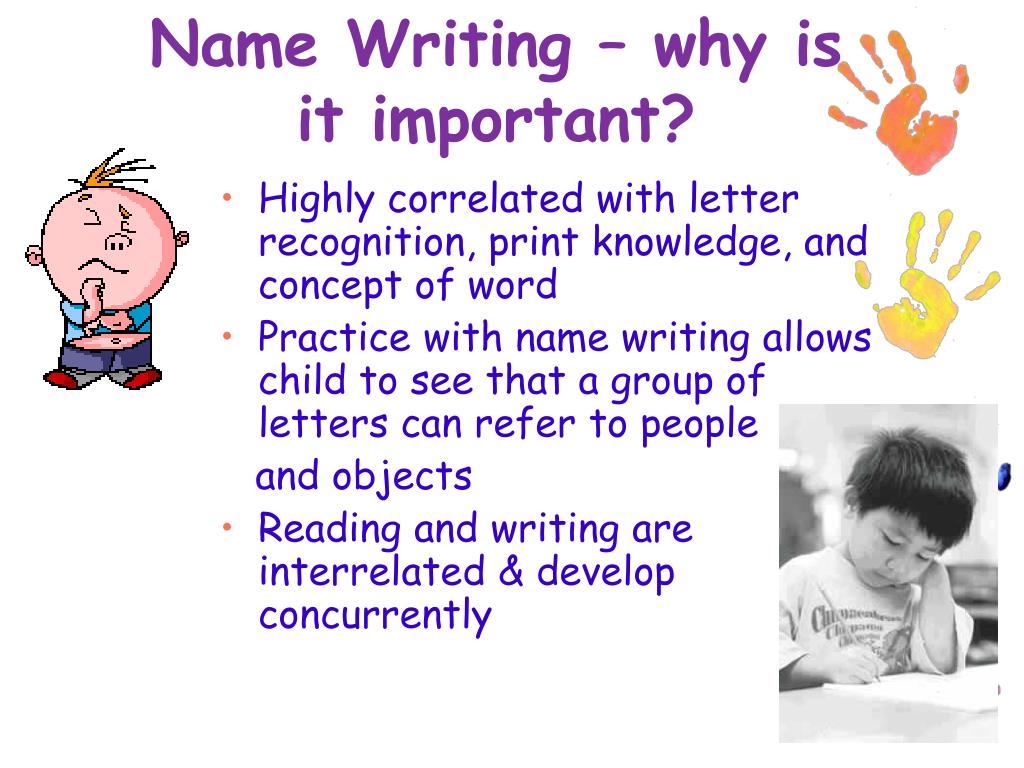 Simply developing autonomy without identifying the need for it is nonsense and a waste of time.
Simply developing autonomy without identifying the need for it is nonsense and a waste of time.
In order for parents not to be frightened in the future by the child’s approach to life, when he considers that he owes everything and will be completely deprived of a sense of responsibility and independence, it is important to create conditions for the baby (“necessity”) for the development of these qualities. This should not be as a punishment for the baby, but as a variant of the contribution necessary for each family member to the family's way of life.
Children who receive everything in childhood and are deprived of the opportunity to show independence, grow up insecure in themselves, but demanding of others, the slightest difficulties in life cause them a depressive state.
From many parents you can hear the opinion: “Well, no, as long as I have the opportunity, I will give my son all the best and protect him from any worries.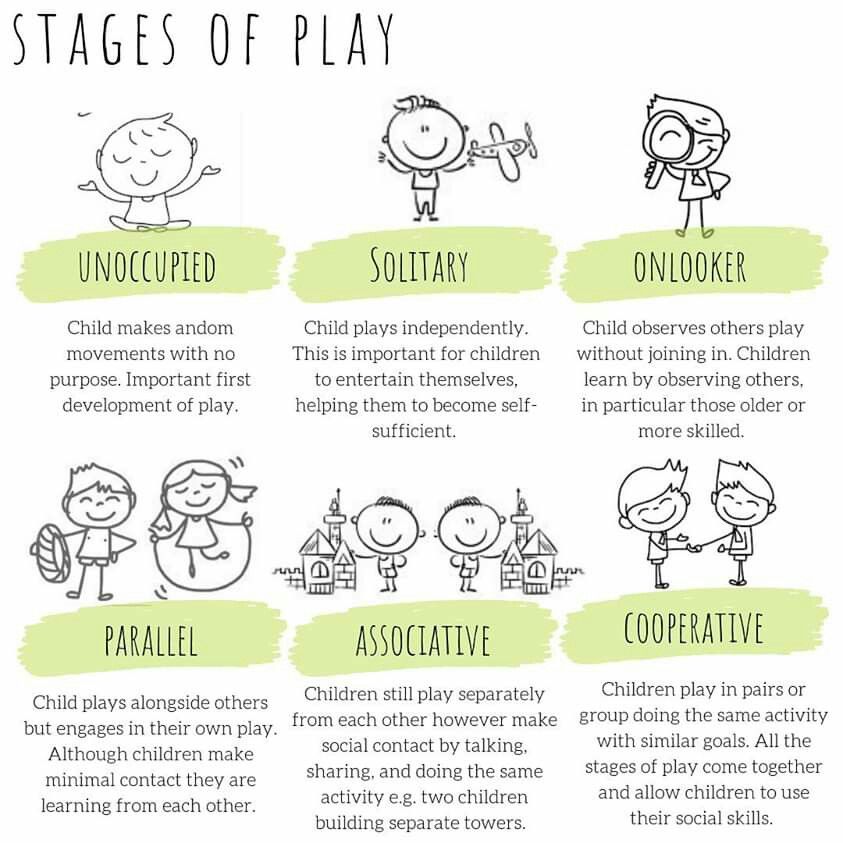 Let his childhood be cloudless, let him grow up as an optimist! According to psychologists, there is nothing in common between a cloudless childhood, self-confidence and optimism. Imagine how a child feels, who was allowed everything and protected from everything, when he finds himself in the realities of school life and then youthful and adult. Optimism and confidence will be associated only with the experience of real impact on the world, and not with the words that are spoken to the child. Not giving the child the opportunity to explore this world on their own, not encouraging him to act, but only serving him, you raise a person who is not confident in his abilities.
Let his childhood be cloudless, let him grow up as an optimist! According to psychologists, there is nothing in common between a cloudless childhood, self-confidence and optimism. Imagine how a child feels, who was allowed everything and protected from everything, when he finds himself in the realities of school life and then youthful and adult. Optimism and confidence will be associated only with the experience of real impact on the world, and not with the words that are spoken to the child. Not giving the child the opportunity to explore this world on their own, not encouraging him to act, but only serving him, you raise a person who is not confident in his abilities.
"Strike while the iron is hot!"
It is important to develop independence in a child not when it became convenient for parents, but at a time when it begins to form in children.
The baby shows the first signs of independence at the age of 2 years. When parents hear the first “I myself!”, “I can do it!”, This indicates the desire of the baby to be freed from guardianship by adults, to realize their own ideas and tasks on their own. And here it is important not to stop the initiative for independence, but to direct it in the right direction, to consolidate the skills of independence, which so far he shows only in children's activities, for example, in the game.
And here it is important not to stop the initiative for independence, but to direct it in the right direction, to consolidate the skills of independence, which so far he shows only in children's activities, for example, in the game.
So, at the age of two years, when the baby tries to eat on his own, takes toys on his own, and so on, support him in these endeavors.
At 2-3 years of age, kids try in every possible way to imitate their parents, trying so far to clumsily perform the actions that mother does, for example, folding things, dressing on their own, collecting a backpack, etc. During this period, it is important for parents not to “break off” the child’s craving for independent actions, not to make the baby only a passive object.
Stopping a child in his independent actions (for example, in putting on tights, blouses) you make a gross mistake and form in the baby a feeling of insecurity in himself and his abilities, he loses the desire for active actions, the desire to do something on his own, self-esteem decreases, child feels helpless.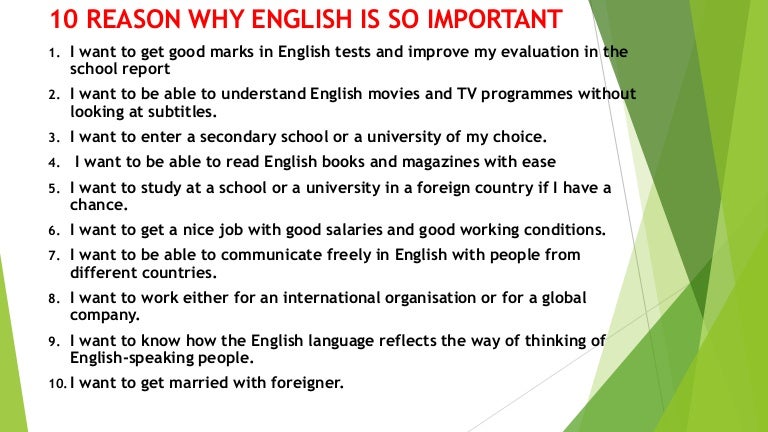
In the process of development, the baby faces many difficulties. The task of parents is always to assess the current situation. If the baby is able to cope with the task on his own, do not rush to help him. Only his actions and influences on this world will develop in him independence and desire for active actions in the future, increase his self-confidence. In a difficult situation for a child, when it is really difficult for him to cope with the task alone, offer him your help. It was help, not his full presence, eliminating him from action.
Do not try to do for your child what he can do for himself!
With the right attitude to the children's "I myself!" by the senior preschool age, children achieve high indicators of initiative and independence in solving the tasks set by them or those around them.
Stages of development of independence in preschool children
- At the first stage, the child acts independently without a reminder from adults in familiar conditions, for example, cleans up toys, clears the table, and washes his hands before eating.

- A preschool child begins to apply his skills in an environment that is unusual for him, but close in essence to familiar circumstances. For example, he cleans up after himself at a party.
- The kid acts independently in absolutely new conditions for him, which he has never encountered before.
Benefits of developing independence in children
The main task of parents in this direction is to teach the baby to make decisions independently, set goals and go towards them, taking responsibility for their actions. Parents should pay enough attention to this stage of development of the child. The main advantages that a child receives when he is taught to make independent decisions and be responsible for them are:
- The child feels that he can control the situation;
- Increases self-esteem and self-confidence;
- A kid with adequate self-esteem learns to correct his own mistakes and does not feel like a failure;
- Self-motivation, responsibility for the choice he made;
- The child develops thinking, creativity.
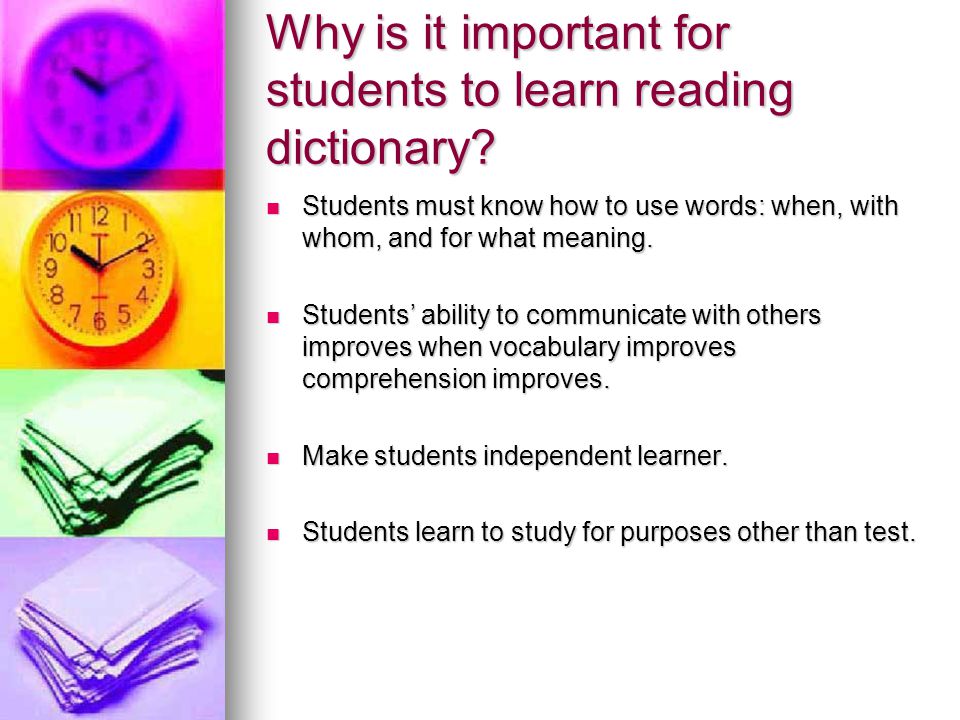 In a situation of choice and decision-making, the child has to generate new ideas, look for opportunities;
In a situation of choice and decision-making, the child has to generate new ideas, look for opportunities; - Child learns non-standard solution;
- Better understanding of the people around you. When a child makes his own decisions and his decisions are valued, he begins to respect the ideas and decisions of other people.
Why parents should be especially attentive to the development of independent activity in a child. The fact is that a child who does not develop independent decision-making skills tends to:
- To infantilism and pathological dependence on parents even as an adult.
- Such a child is easily influenced by peers and friends, he is a follower. This influence is not always positive.
- Constantly doubts himself, his abilities, his decisions.
- Is content with little in his life, is not inclined to set goals and achieve results.
So, how to educate a child's independence, which largely determines his success in life?
Raising independence in children
- Requests to tell what the child's future plans (for the near future) help develop independence in children.

- Let your baby do what he wants without your help. Give him the right to participate in adult affairs. It is clear that the baby will do the housework or prepare the salad differently than you would. But do not scold him and do not blame, but on the contrary, encourage and guide.
- Never scold the baby for the mistakes he made in the process of independent activity. You can point out mistakes and tell your child how to fix them. For example, if your child was watering flowers and spilled water on the window sill, calmly invite him to wipe the window sill on his own.
- Make it a rule to praise the baby for the initiative shown by him. The child must be given the understanding that he has the right to act independently.
- It is equally important to support the desires and interest of the child in some business from an early age. For example, if a kid wants to go swimming, do not suppress this desire in him, but write him down for a section.
- Be sure to ask your children for help, ask them for advice.
 This is important for the child to understand his role in the family and his value.
This is important for the child to understand his role in the family and his value.
- Teach your child to get what they want through action. Tell where you work, and thanks to what food and things appear in the family.
- Develop your child's fantasy, imagination. To do this, you can invite the child to come up with their own game or new rules for the game. Thus, the baby will generate ideas, he will learn to adapt to any circumstances.
- Helping animals and other people teaches children compassion and independence.
- Let your child communicate with many people, children. Finding a common language, interests, establishing contacts is one of the elements of independence. Allow the baby to be friends with those with whom he himself wants.
- Form an adequate self-esteem in the baby. To do this, allow him to experience emotions, whatever they may be. There is no need to teach him to hide tears or laughter, if that is the custom in society.
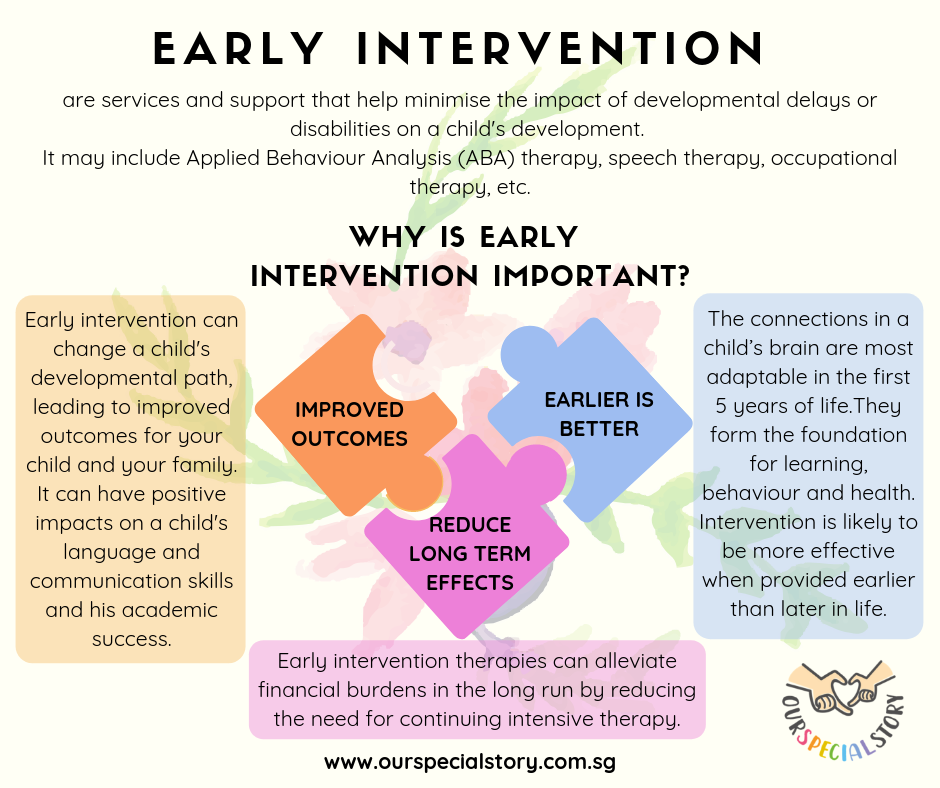
- Create conditions for the development of independence in the baby. The sooner you start to "break away" from the child, the sooner he will understand that parents and other adults also have personal space. Teach from an early age to leave a child with a grandmother or a nanny.
- Always talk to your baby. Let him have his say. This is also a manifestation of independence. Children who have their own opinion are more likely to turn ideas into solutions and actions.
- Teach your child to make independent decisions. Remember that the child must make decisions and make choices according to their age. Therefore, when offering the baby options to choose from, adhere to the following rule: the smaller the child, the fewer options to choose from, the older, the more options to choose from. You must create a safe environment for the child to make a decision.
Independence is not just the ability to do everything yourself, but a necessary skill for the development of a harmonious personality.